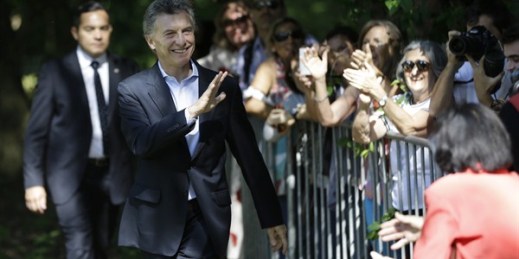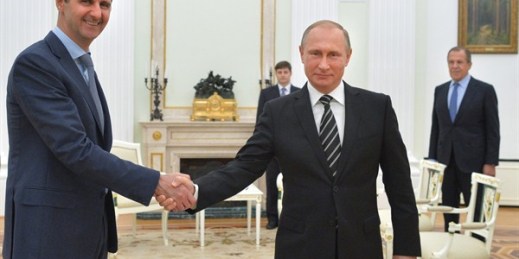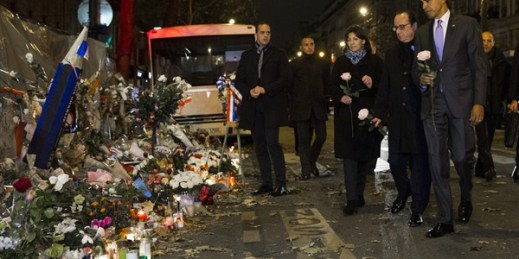
When Venezuela’s charismatic revolutionary, the late Hugo Chavez, won the presidential election in his country for the first time in 1998, he launched a new political era in Latin America. For the next 17 years, leftist politicians—many of them emerging from humble beginnings, as Chavez had—rose to power through democratic means in a region where that path had seldom been successful for the left or the poor. Chavez’s model of modified socialist economics and modified democratic governance soon spread to a number of countries and became the dominant political phenomenon of the 21st century in Latin America. That period of […]


